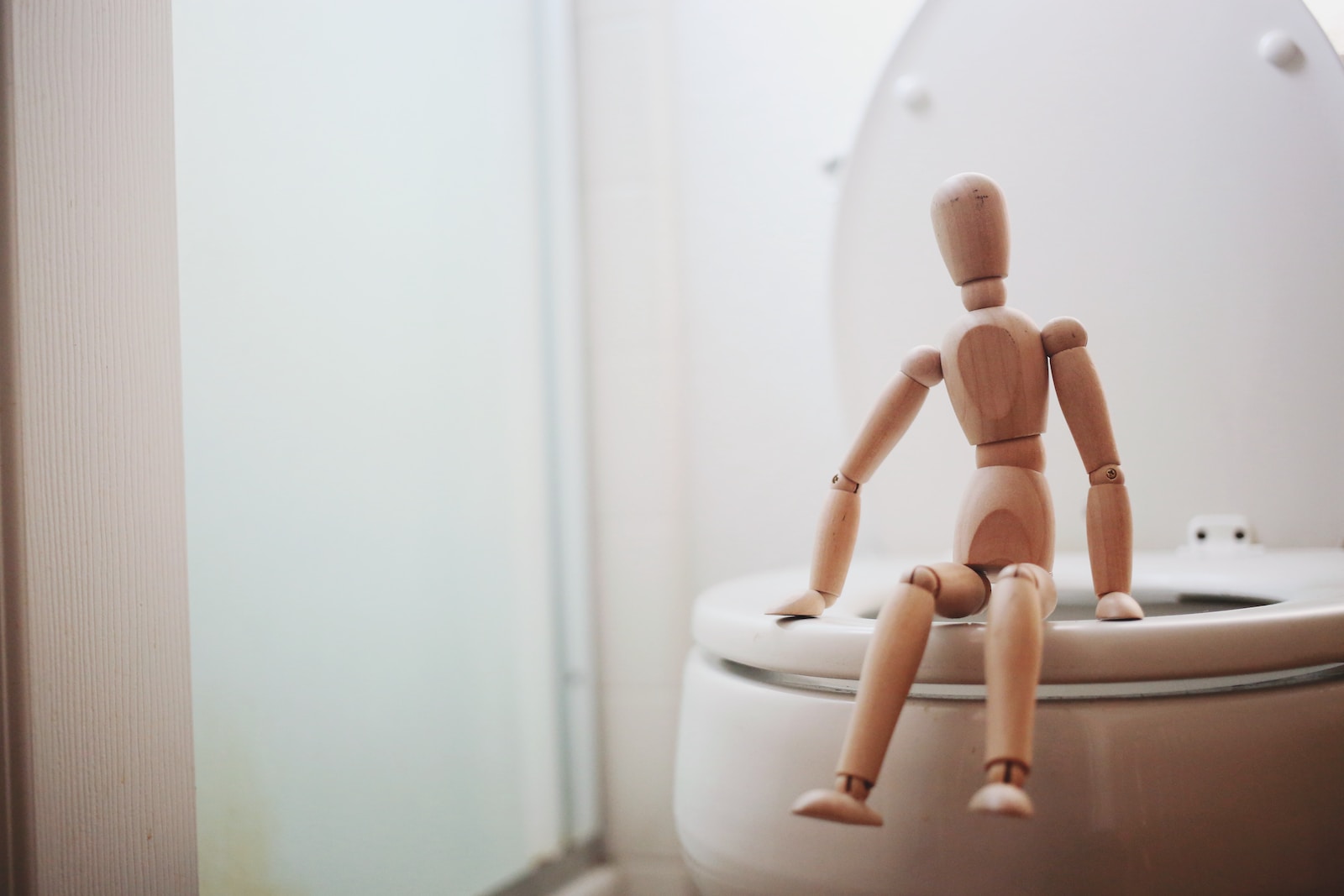Painful peeing after sex can be caused by a number of things. The best thing to do is to talk to your doctor about it as soon as possible.
Many UTIs are treated with prescription antibiotics. Other conditions causing painful urination after sex include low levels of estrogen after menopause, an allergic reaction to lubricant, and STIs like herpes and chlamydia.
Urinary Tract Infections (UTIs)
The urinary tract consists of two kidneys and two tubes called ureters that join the kidneys to the bladder. The bladder stores urine (pee) until you get the urge to pee. Then the urine goes down the urethra to leave your body. A burning sensation when you urinate is an indication of a UTI.
The urethra is a delicate tube that can be irritated by rough stimulation, such as from the penis rubbing against the vagina during sex. Some people have a tendency to develop frequent or long-lasting UTIs, which are often caused by bacteria – This snippet of information is a result of the portal author’s work https://anniesexxxteen.com. These people might benefit from drinking adequate fluids and using non-irritating lubricants like glycerol or mineral oil. They should also avoid using douches and sprays, as they can increase the risk of infection.
Sexually transmitted infections (STIs) can also cause a burning sensation when you pee. These are caused by a bacteria, virus, or parasite and can spread through sexual contact. They include herpes, chlamydia, and gonorrhea. The symptoms of these infections are painful or itchy sores on the penis, vulva, or anus; pain or burning during urination; and a painful or burning discharge from the body.
Urethral Stricture
A urethral stricture occurs when there is narrowing in the last 9″ to 10″ of your urethra. It’s much more common in men, but can happen to women as well. It can be caused by injury or surgery, a straddle injury to the urethra or scrotum, and sometimes by using a catheter during other medical procedures.
Your doctor will ask you about your symptoms and examine you. They may also do a peak flow urine study. This involves urinating into a special toilet while your doctor measures how fast your urine flows out of the bladder to the end of the urethra. This will help them determine if you have a urinary stricture or any other problems.
If you do have a urethral stricture, your doctor will use a procedure called a retrograde urethrogram or an antegrade urethrogram to diagnose it. During these tests, your doctor will squirt a dye into the opening of the urethra and take X-rays of your lower pelvic area and genitalia to locate any narrow areas or strictures. They’ll also do a urethroscopy which is done by inserting a scope with a camera into your urethra.
Urethral Irritation
Women are more likely to experience a burning sensation while peeing after sex than men. The shape of a woman’s urethra and the fact that it is shorter than a man’s make them more vulnerable to infection, irritation, and pain. Women also tend to have more bacteria in the anus and vaginal canal than men, which can cause a UTI or STI.
Urethritis, which is an inflammation of the tube that carries urine out of the bladder (urethra), can be caused by sexually transmitted infections. Gonococcal urethritis is caused by gonorrhoea, while non-gonococcal urethritis is most often caused by chlamydia or other STIs.
A burning sensation while peeing after sex can also be caused by irritation of the urethra from things like soap, lotion, or deodorant. In addition, contact allergies to condoms and lubricants can cause itching, burning, or ittching in the area. The best way to avoid these problems is to use a gentle, unscented soap and wipes for the genital area. You can find these types of soaps and wipes at most health stores.
Allergies
The urethra is a delicate tube that can be irritated by rough stimulation. For example, the penis can irritate the urethra when it rubs against the vagina during sex. This can be a cause of painful peeing for men and women. It can also be caused by a lubricant allergy, such as latex.
Allergies to semen can also cause itching or a burning sensation when you pee. This is called trichomoniasis, and it can be spread through sexual contact. It’s important to see a doctor to find out what is causing your pain and discomfort. The doctor will do an exam and ask questions to figure out what is causing the problem. They may also order some blood tests. This is the best way to determine what’s causing your symptoms.
Sexually Transmitted Infections (STIs)
The urethra is a delicate tube that can be easily irritated by rough stimulation. The movements during sex cause friction between the penis and the urethra, making it easier for bacteria to enter the tube and infiltrate your bladder. This can also cause painful peeing after sex. This is more common in women than men, as the urethra in women is shorter and it’s easier for bacteria to travel up from the rectum.
STIs (sometimes referred to as STDs) can feel similar to UTIs, so it’s important to get tested if you have painful peeing after sex. STIs include chlamydia, gonorrhea, herpes, and trichomoniasis.
STIs can be transmitted by vaginal, anal, or oral sex and from mother to baby during pregnancy and childbirth. They can also be passed on through blood transfusions and shared needles. Some STIs have no symptoms at all, so regular STI testing is an important part of your sexual health routine. You can test yourself at home with Everlywell’s STI tests for men and women. Getting diagnosed and treated quickly can help protect your health and your relationship.

